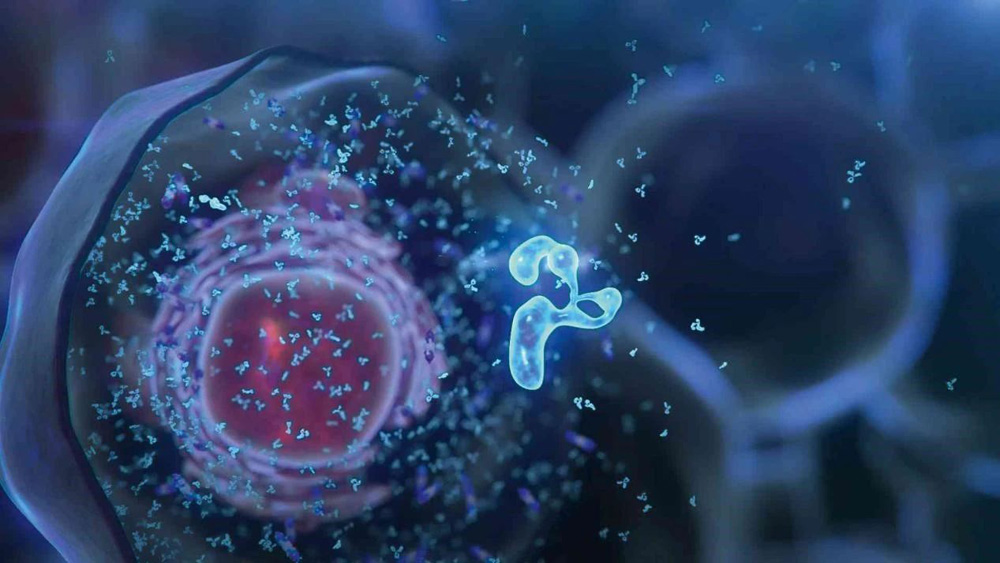Antibody-drug conjugates or ADCs are an important class of highly potent biopharmaceutical drugs designed as a targeted therapy for the treatment of people with cancer. As the hottest research topic, ADC technology is intended to target and kill only the cancer cells and spare healthy cells. ADCs are complex molecules composed of an antibody linked to a biologically active cytotoxic (anticancer) payload or drug. Antibody-drug conjugates are examples of bioconjugates and immunoconjugates.
A stable link between the antibody and the cytotoxic (anti-cancer) agent is a crucial aspect of an ADC conjugation. A highly stable ADC linker will ensure that less of the cytotoxic payload falls off in circulation, driving an improved safety profile, and will also ensure that more of the payload arrives at the cancer cell, driving enhanced efficacy. Linkers are based on chemical motifs including disulfides, hydrazones or peptides (cleavable), or thioethers (noncleavable) and control the distribution and delivery of the cytotoxic agent to the target cell.
PEG, or polyethylene glycol, is a polymer that is often used in the formulation of antibody conjugate drugs. These drugs consist of an antibody that is conjugated, or linked, to a toxic agent or a therapeutic agent. The purpose of the PEG is to increase the stability and circulation time of the antibody in the body.
PEG is added to the drug formulation in the form of a PEGylated linker, which is a chemical moiety that serves as a bridge between the antibody and the therapeutic or toxic agent. The PEGylated linker helps to protect the drug from being degraded or eliminated by the body, allowing it to remain in the circulation longer and potentially improving its effectiveness.
In addition to increasing the stability and circulation time of the drug, PEG can also help to reduce the potential for an immune response to the drug. This is because PEG is a large, hydrophilic molecule that is not easily recognized by the immune system. As a result, the use of PEG in antibody conjugate drugs can help to reduce the risk of an allergic reaction or other adverse immune response to the drug.









